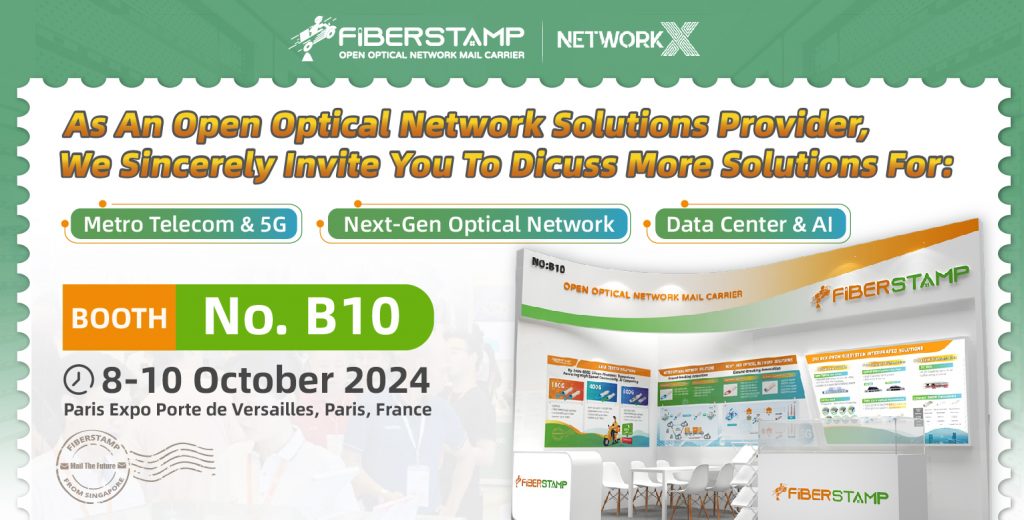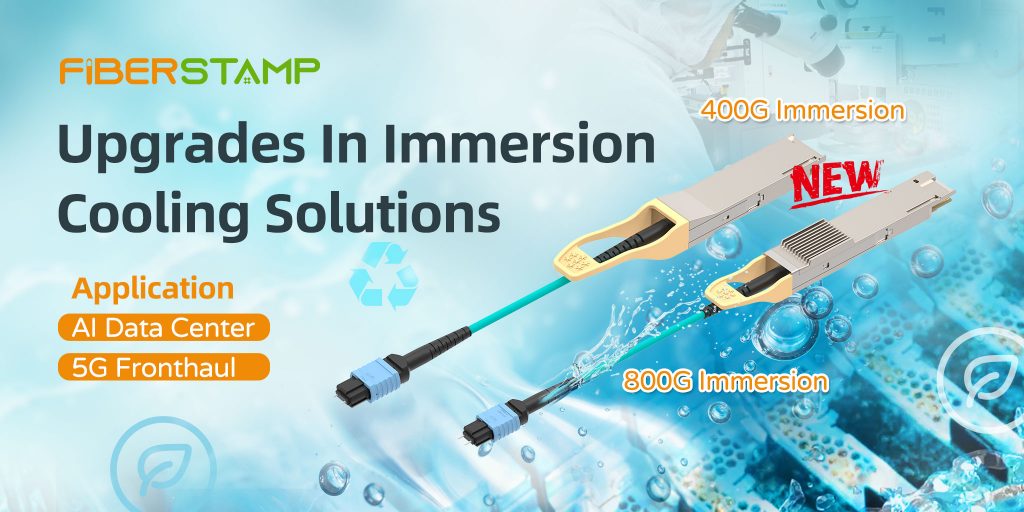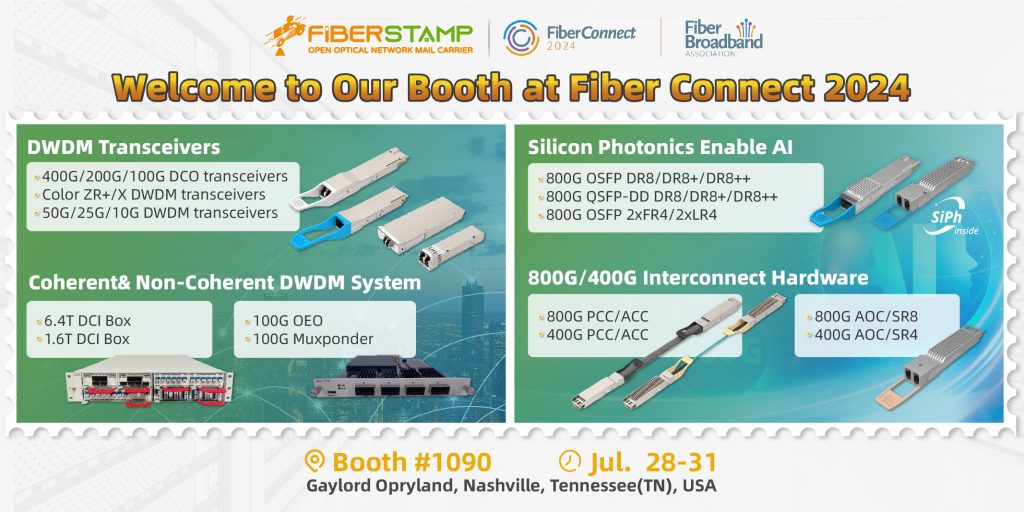With the widespread application of large-scale AI models in enterprise digitization, there has been a sharp increase in the demand for massive AI computing power. This poses a severe challenge to traditional data centers. The extensive processes of training, inference, and interaction require substantial AI computing power, making the construction of high-density data centers with a single cabinet power density exceeding 40kW an inevitable trend to meet these demands. However, traditional data centers are struggling to cope with this new trend, facing dual pressures of constrained spatial layout and heating challenges.
In the traditional data center’s energy consumption structure, IT and air conditioning and refrigeration equipment dominate, accounting for 85% of the total energy consumption. These two components have become crucial sources of energy consumption in data centers. To address this challenge, the introduction of liquid cooling technology, particularly immersive liquid cooling technology, has emerged as one of the solutions. This technology is based on a simple yet efficient concept: submerging computing devices in a high-heat capacity liquid to achieve effective heat dissipation and energy utilization.

Immersive liquid cooling technology submerges servers and other computing devices entirely in a non-conductive cooling liquid, achieving comprehensive device cooling. FIBERSTAMP has a comprehensive lineup of immersive liquid-cooled products, including 10G to 800G immersive liquid-cooled optical modules/DAC/AOC and liquid cooling extenders, which are validated through long-term dedication to the research and development of liquid cooling interconnection technology for liquid-cooled servers and data centers. This liquid cooling interconnection solution can rapidly absorb and transfer the heat generated by devices, significantly improving heat dissipation efficiency. Compared to traditional air cooling systems, immersive liquid cooling technology is no longer constrained by the air heat exchange coefficient, eliminating the need for cooling equipment and effectively reducing overall energy consumption. Its modular design also makes the system easier to maintain and upgrade.
In the development of large-scale model applications, liquid-cooled data centers highlight their outstanding heat dissipation performance and significant improvement in energy consumption. The introduction of immersive liquid cooling not only helps address the heat management challenges faced by high-density data centers but also provides a forward-looking solution for optimizing data center energy consumption. Therefore, the future trend of immersive liquid cooling technology is not only a key technological innovation but also a proactive response to sustainable digital development.





